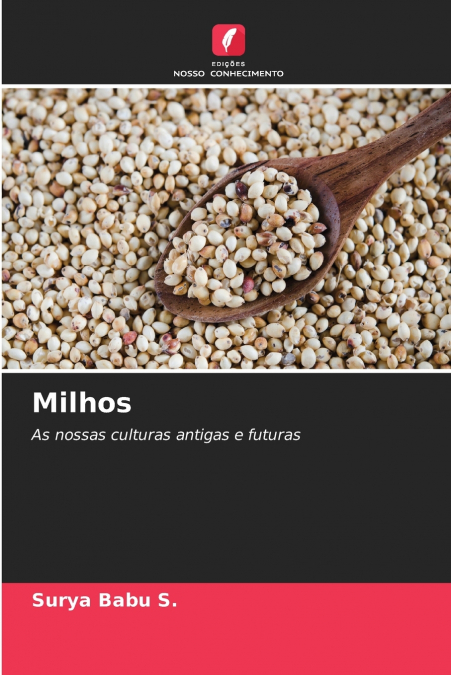
Surya Babu S.
O painço é reconhecido como o primeiro cereal domesticado, cultivado desde o Neolítico. No entanto, nas últimas décadas, a sua importância tem sido ofuscada por outras culturas. A declaração das Nações Unidas de 2023 como o Ano Internacional do Milho apresenta uma oportunidade única para lançar luz sobre estes grãos antigos e o seu potencial para transformar os nossos sistemas alimentares. Um dos temas centrais do livro são os excepcionais benefícios nutricionais oferecidos pelo painço. À medida que as alterações climáticas colocam desafios crescentes à agricultura, o painço surge como uma solução promissora para garantir a segurança alimentar de uma forma sustentável. Os leitores terão uma compreensão abrangente da forma como o painço contribui para a biodiversidade, a saúde do solo e a conservação da água. Ao promover a consciencialização e o apreço por estes grãos resilientes, o livro contribui para o esforço global de construção de sistemas alimentares mais sustentáveis, inclusivos e resilientes. Ao sintetizar os conhecimentos actuais, servirá como uma referência valiosa para os investigadores, permitindo-lhes desenvolver os estudos existentes e explorar novas vias de investigação sobre o painço.